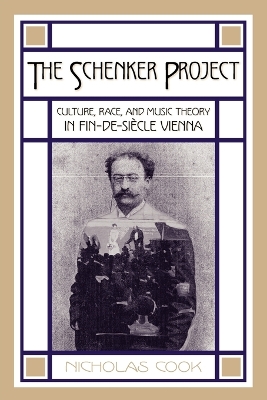Today we think of Heinrich Schenker, who lived in Vienna from 1884 until his death in 1935, as the most influential music theorist of the twentieth century. But he saw his theoretical writings as part of a comprehensive project for the reform of musical composition, performance, criticism, and education-and beyond that, as addressing fundamental cultural, social, and political problems of the deeply troubled age in which he lived. This book aims at an understanding
of Schenker's project through reading his key works within a series of period contexts. These include music criticism, the field in which Schenker first made his name; Viennese modernism, particularly the debate over architectural ornamentation; German cultural conservatism, which is the source of
many of Schenker's most deeply entrenched values; and Schenker's own position as a Galician Jew who came to Vienna just as traditional anti-semitism was becoming fully racialized. As well as presenting an unfamiliar perspective on the cultural and political ferment of fin-de-siecle Vienna, this approach reveals how deeply the social and political were thought into Schenker's theory. It also raises issues concerning the meaning and value of music theory, and the extent to which today's
music-theoretical agenda unwittingly reflects the values and concerns of a very different world.
- ISBN10 0199744297
- ISBN13 9780199744299
- Publish Date 22 April 2010 (first published 1 January 2007)
- Publish Status Active
- Out of Print 15 March 2021
- Publish Country US
- Imprint Oxford University Press Inc
- Format Paperback
- Pages 368
- Language English
